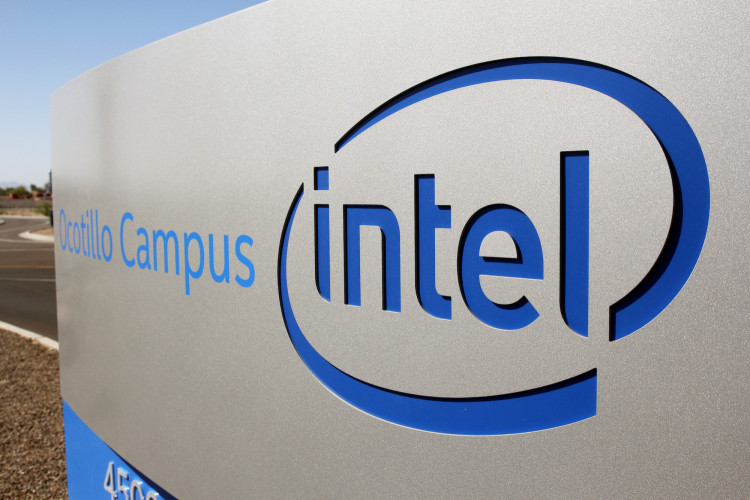Intel shares climbed 8% on Tuesday after Vice President JD Vance vowed that the U.S. would protect its artificial intelligence technology and semiconductor industry from foreign threats. Speaking at the Paris AI Summit, Vance warned that authoritarian regimes were misusing AI for military intelligence and surveillance and emphasized the administration's commitment to blocking such efforts.
"Some authoritarian regimes have stolen and used AI to strengthen their military intelligence and surveillance capabilities, capture foreign data, and create propaganda to undermine other nations' national security," Vance said. "This administration will block such efforts, full stop."
Although Vance did not name any specific companies, his comments came amid growing concerns over China's DeepSeek AI model, which has emerged as a lower-cost competitor to OpenAI's systems. He stressed the importance of working with allies to "close pathways to adversaries attaining AI capabilities that threaten all of our people."
Intel, once the world's leading semiconductor company, has struggled to keep pace with competitors like Nvidia and Broadcom, which have capitalized on soaring demand for AI processors. The company's stock lost 60% of its value last year amid a series of disappointing earnings reports and declining market share.
However, investors responded positively to Vance's comments, seeing them as a potential boost for domestic semiconductor manufacturers. At 12:35 PM ET, Intel shares were up 7.5%, continuing their upward momentum throughout the day.
Vance also made it clear that the Trump administration intends to prioritize U.S.-made AI technologies. "The Trump administration will ensure that the most powerful AI systems are built in the U.S. with American-designed and manufactured chips," he said.
Intel has sought to position itself as a leader in domestic chip production. In March 2024, the company announced plans to invest $100 billion in U.S. manufacturing, including the construction of what it called "the largest AI chip manufacturing site in the world" near Columbus, Ohio. The company is also modernizing existing facilities in New Mexico, Oregon, and Arizona.
Intel's leadership transition has also drawn investor scrutiny. Last month, the company reported its third consecutive quarter of declining revenue and issued a disappointing forecast. The earnings report followed the announcement that CEO Pat Gelsinger would step down after a turbulent four-year tenure. Intel has since appointed interim co-CEOs, finance chief David Zinsner and Intel Products CEO Michelle Johnston Holthaus, to lead the company.
Further fueling Intel's stock rise was a positive review from Tom's Hardware, which highlighted the strong performance of the company's upcoming Arrow-Lake-based Core Ultra 9 275HX processor. Preliminary benchmarks showed promising results against competitors, adding to investor optimism about Intel's future product lineup.
Meanwhile, the U.S. and U.K. declined to sign an international AI agreement at the summit, which committed signatories to ensuring AI development remains "open, inclusive, transparent, ethical, safe, secure, and trustworthy." The U.S. did not provide a specific reason for opting out, signaling potential tensions over regulatory approaches to the technology.






